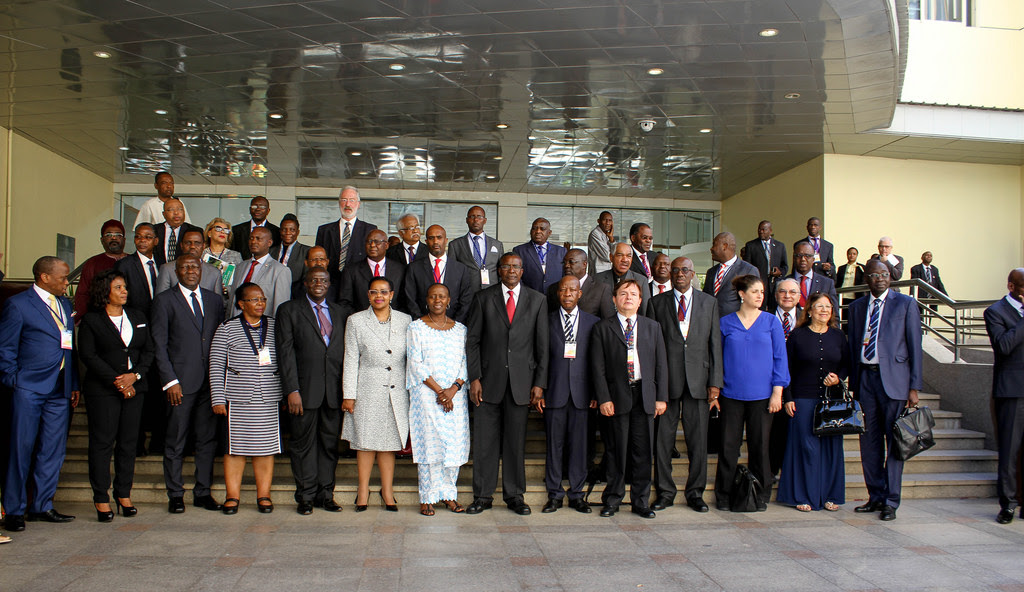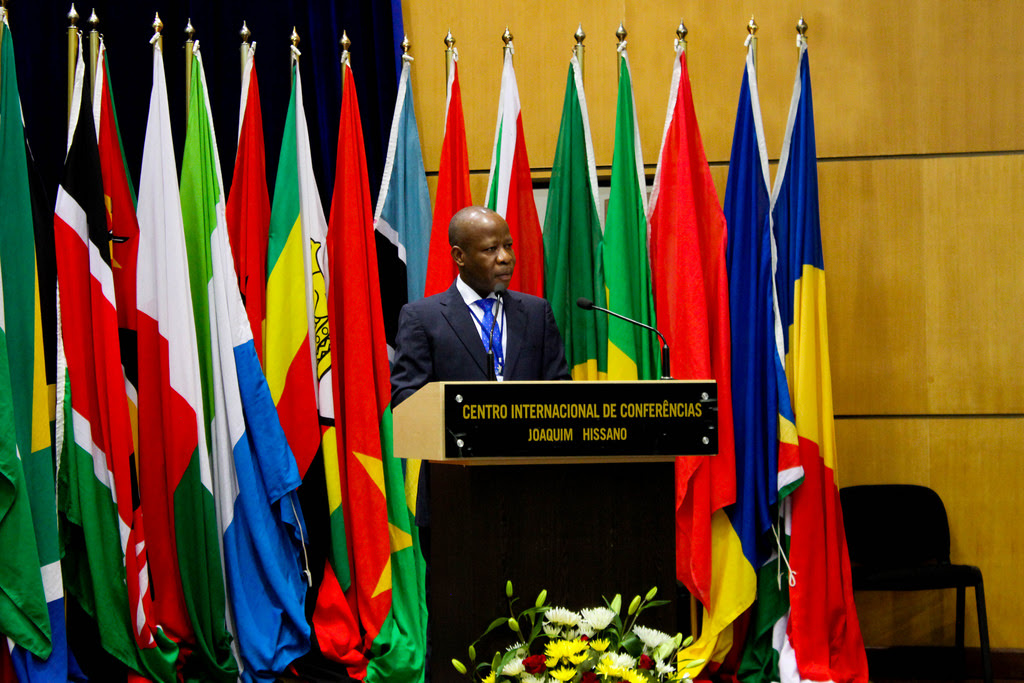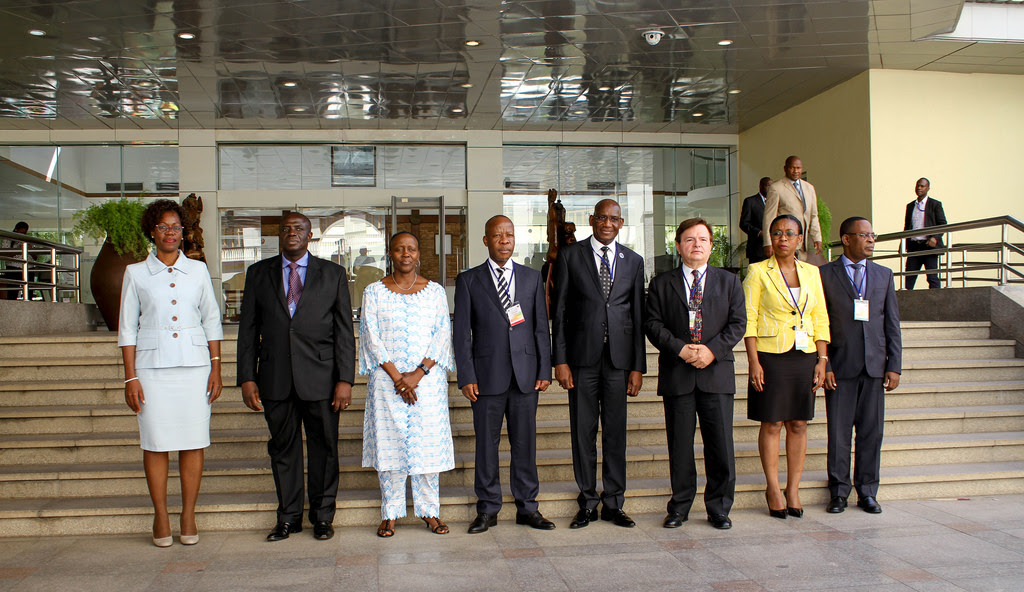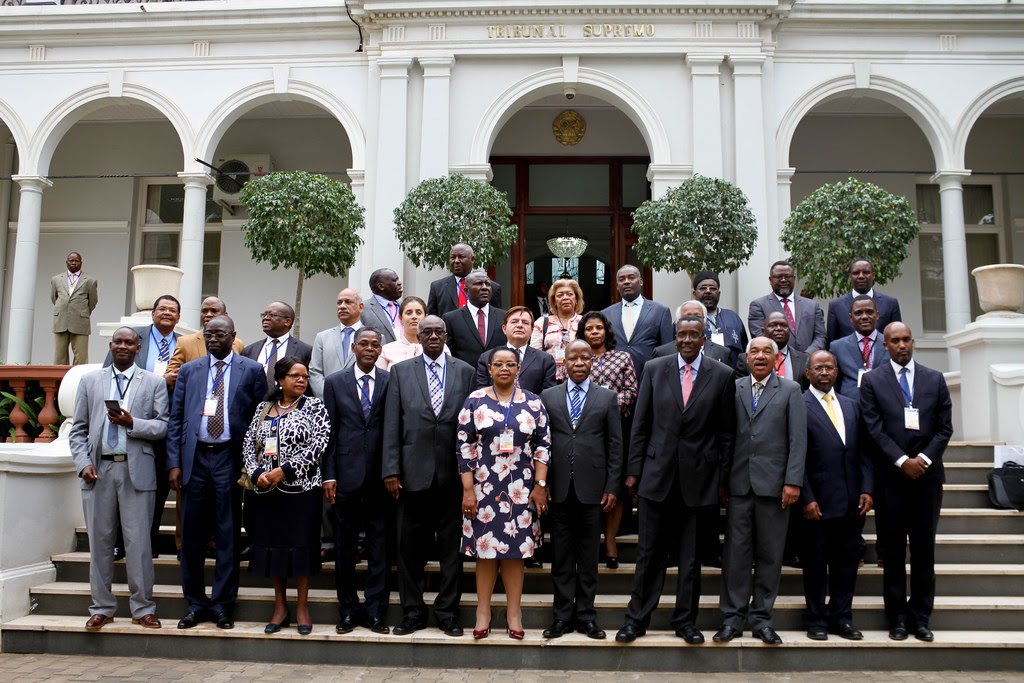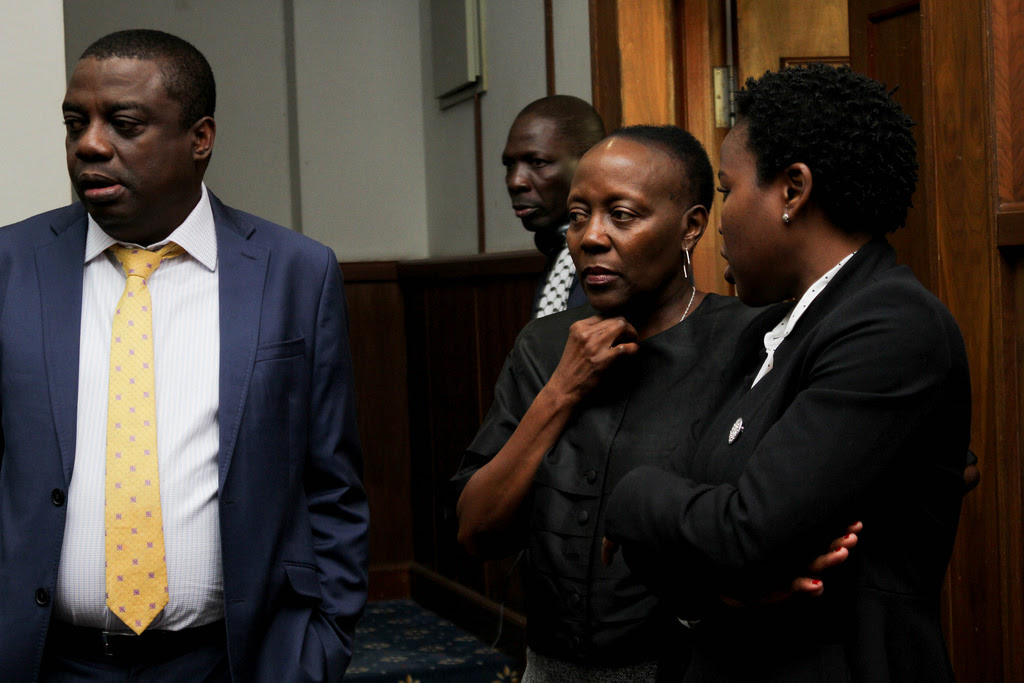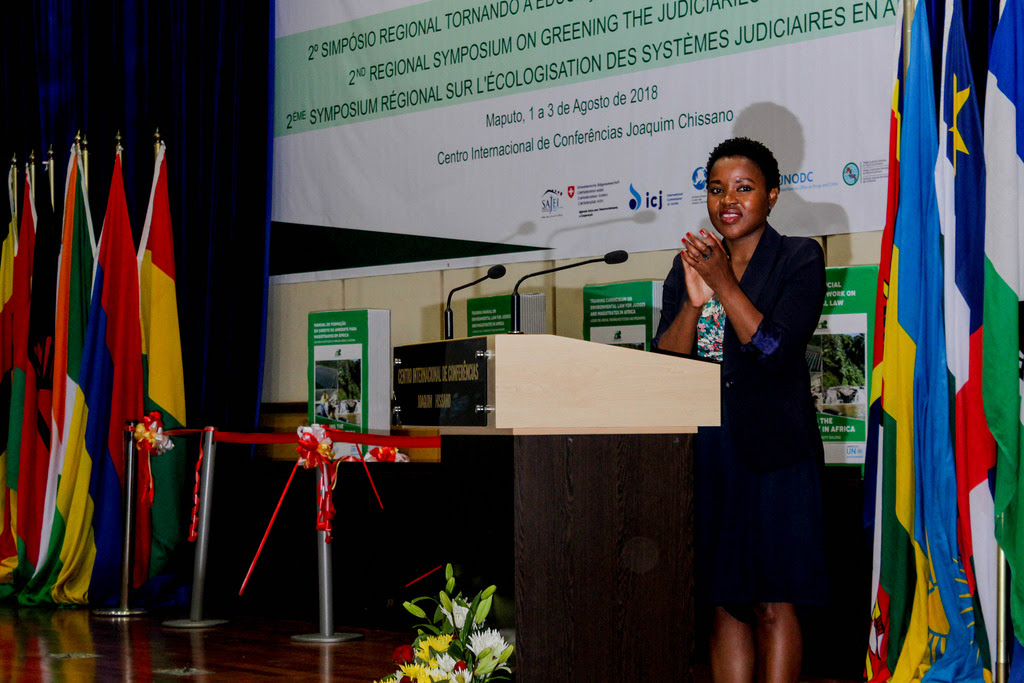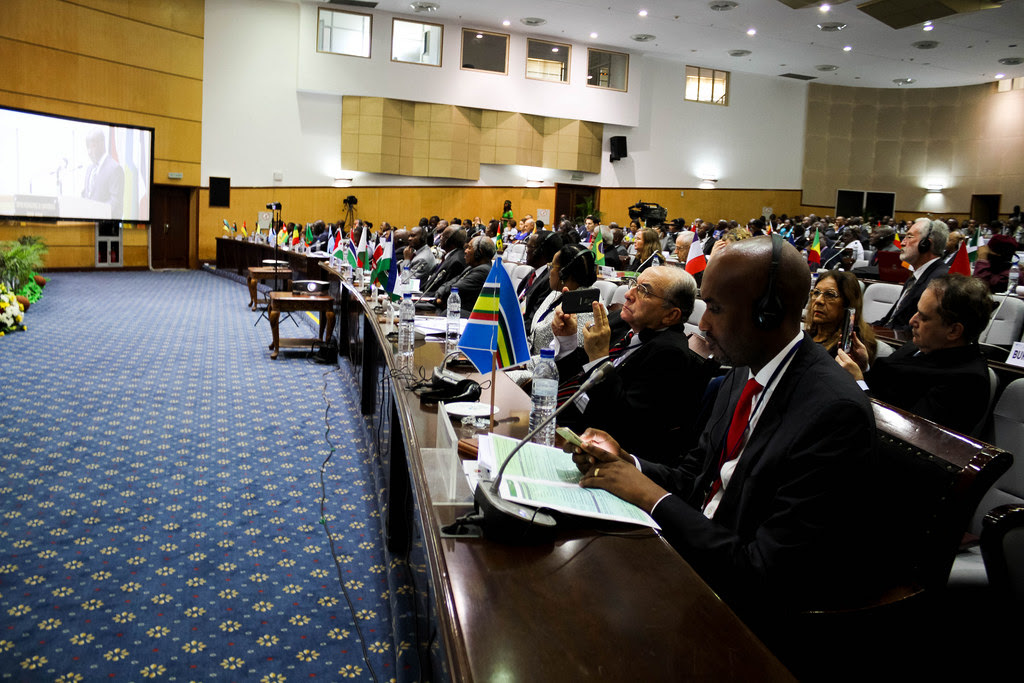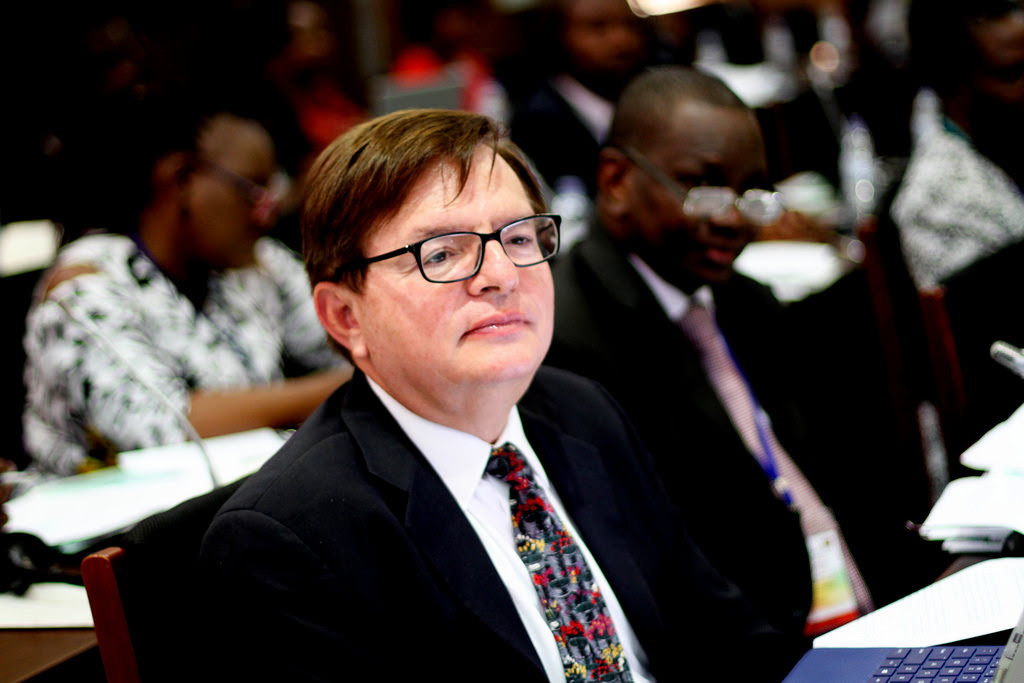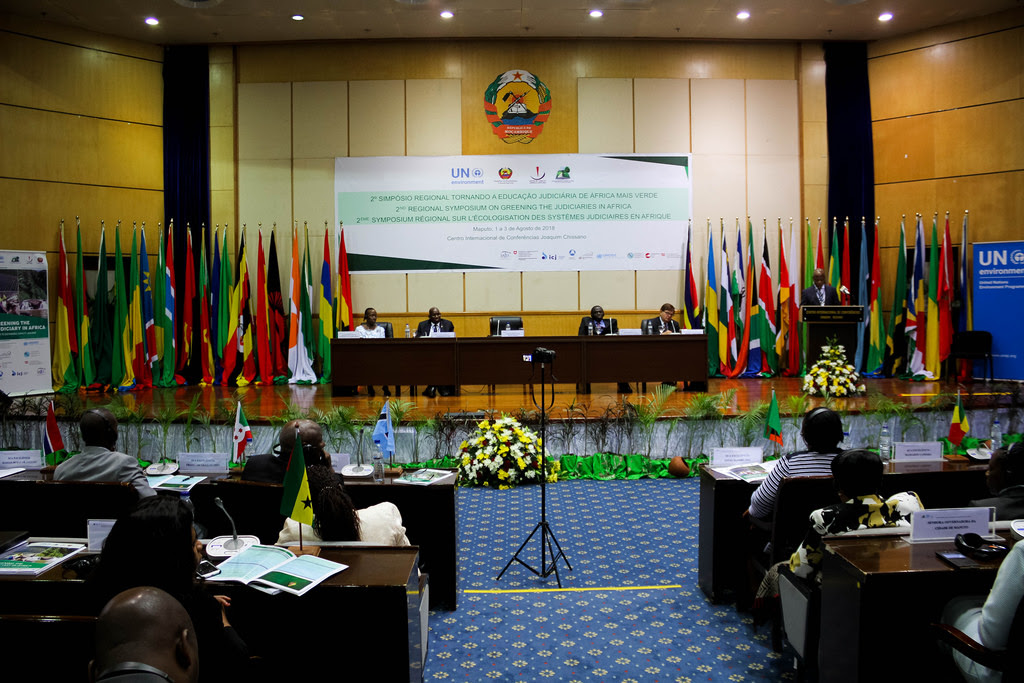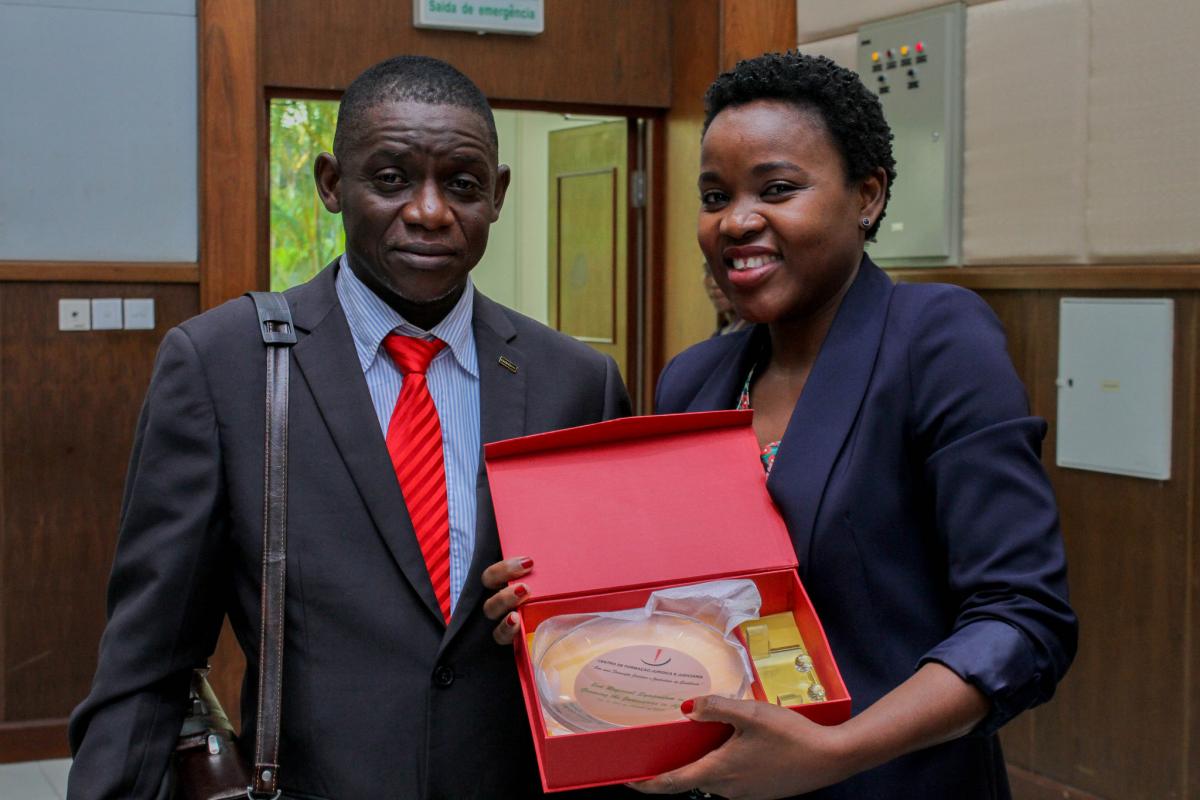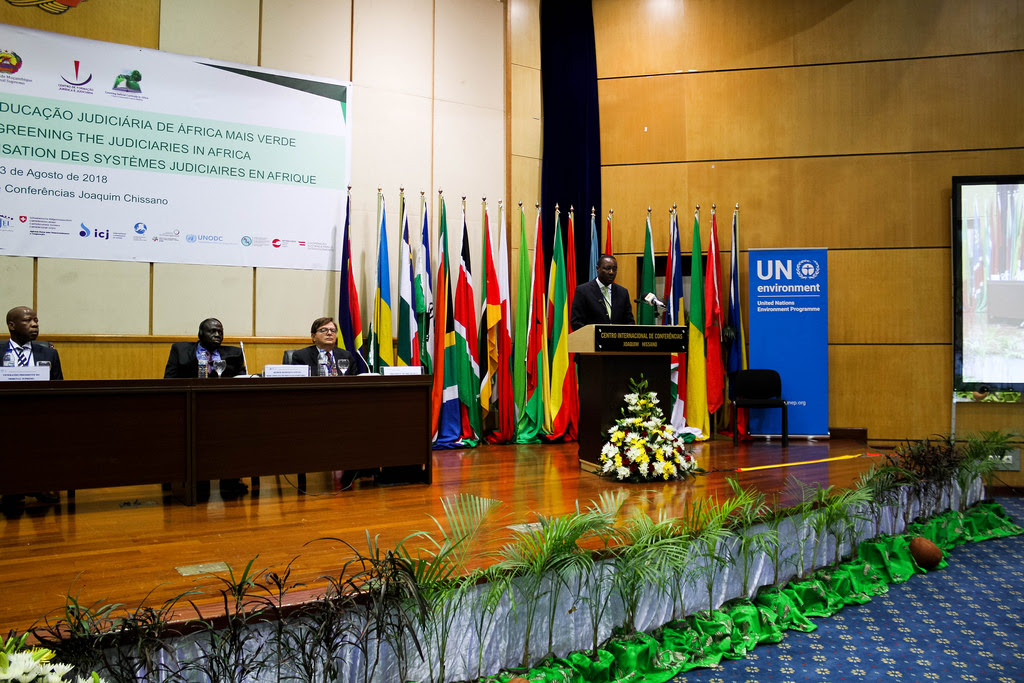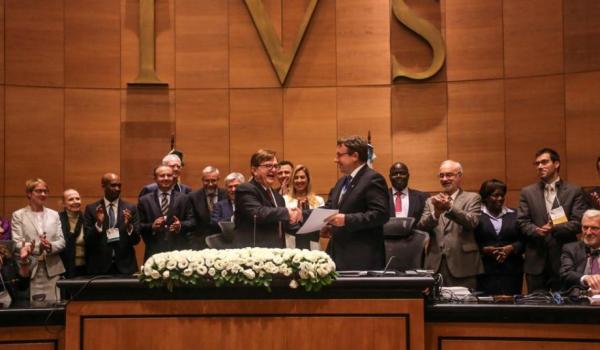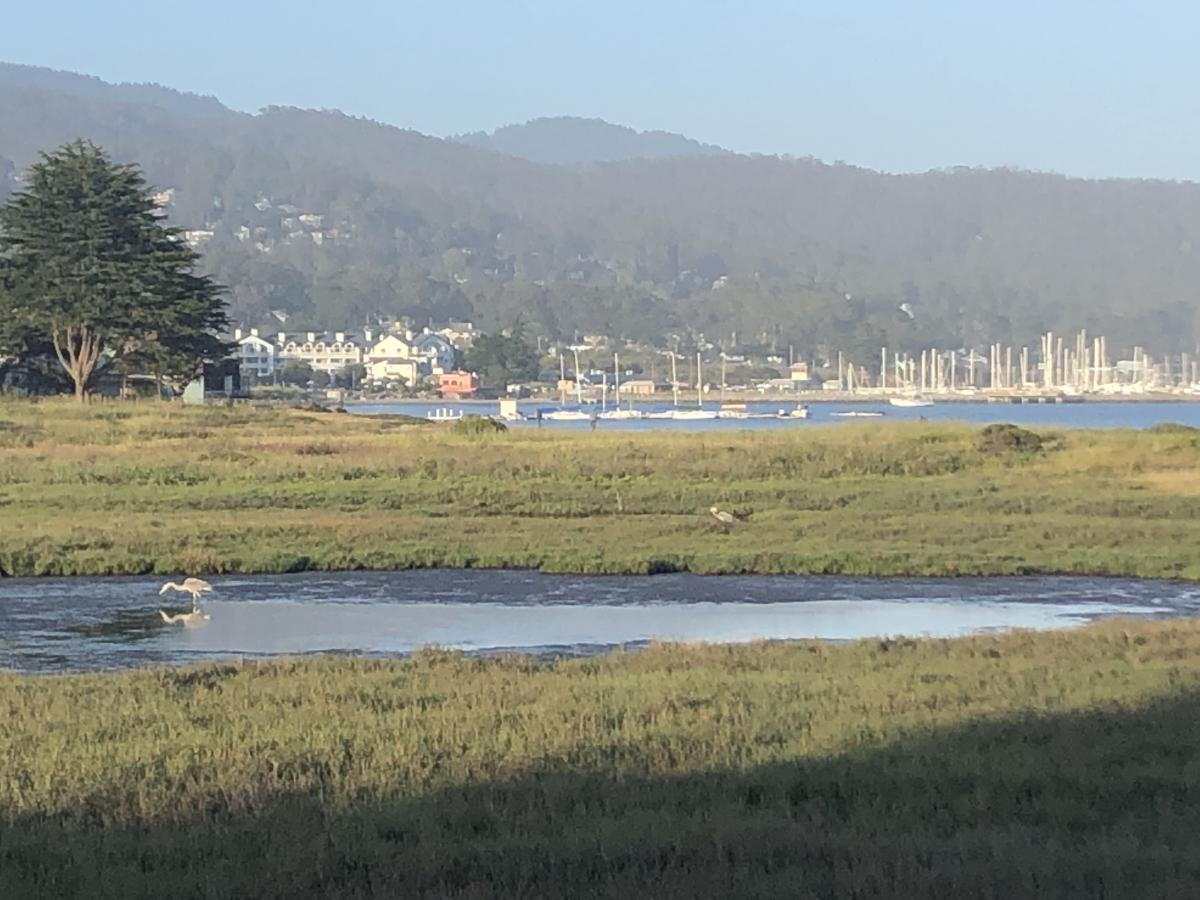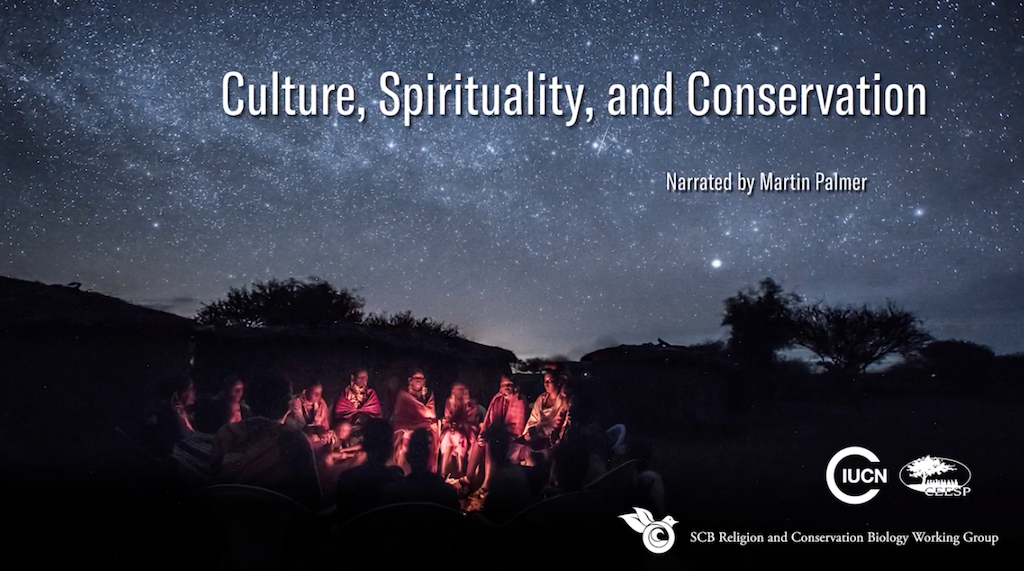Maputo hosts 2nd Regional Symposium on Greening the Judiciaries in Africa
By Judge Elisa Samuel - The Joaquim Chissano Conference Centre in Maputo, Mozambique hosted the 2nd Regional Symposium on the theme, Greening the Judiciary in Africa: A Move to Sustainable Capacity-Building, from 1-3 August 2018.
The overall objective of the 2nd Regional Symposium on Greening the Judiciary in Africa was to promote a move to sustainable capacity-building. The symposium was jointly organized by a diverse group of international and African partners, including UN Environment (UNE); the Supreme Court of Mozambique; Ministry of Justice, Constitutional and Religious Affairs through the Centro de Formacao Juridica e Judiciaria-CFJJ/Mozambican Judicial Training Centre; the Swiss Agency for Development and Cooperation (SDC); Austrian Development Agency (ADA); International Commission of Jurists (ICJ); United Nations Drugs and Crimes (UNODC); International Fund for Animal Welfare; Francophone Institute for Sustainable Development (IFDD); Global Judicial Institute on the Environment (GJIE); and South African Judicial Education Institute (SAJEI).
Seventy-three Judges and Magistrate’s participants, including twenty-eight Chief Justices, Presidents of National and Regional Courts or their representatives from across Africa attended. Forty-two Judicial Training Institutions or programmes, academics, media personalities, environmental law experts, practitioners, civil society organizations and resource persons attended. Participants came from forty-five countries, including Algeria, Benin, Burkina Faso, Burundi, Democratic Republic of Congo, Ethiopia, Gabon, Ghana, Kenya, Lesotho, Mozambique, Rwanda, Sao Tome and Principe, Senegal, Swaziland, The Gambia, Togo, Tunisia, Uganda, United Republic of Tanzania, Zambia, Zimbabwe, Sierra Leon, Morocco, Senegal, Madagascar, Seychelles, Mauritius, Botswana, Liberia, Niger, Guinea-Bissau, Burkina-Faso, Cameroon, Ghana, Mali, Guinea, Burundi, Central Africa Republic, Nigeria, Chad, Namibia, Angola, Malawi, Brazil, Sri Lanka and France.
Ms. Elizabeth Mrema (UNE Director of Law Division) discussed the global aspects of the environment, the state of the environment in Africa, environmental crimes, cooperation between judiciaries, making the judiciary greener and UNE's role in judicial work in Africa. She connected the highly dependent nature of the eradication of poverty and improved livelihoods in Africa with natural resources. She indicated that judiciaries and judges have a critical role to play in ensuring environmental matters are adequately and fairly adjudicated to ensure environmental injustices are mitigated or avoided. She added that it is imperative to enhance the capacities of the judiciaries in Africa in adjudication of environmental matters as a major contribution to sustainable development. She supported the Maputo Symposium as a way to frame a sustainable foundation that enables the judiciaries to contribute to that noble goal.
Justice Antonio Benjamin emphasized the importance of Africa from the perspective of rich biodiversity and major environmental challenges, including climate change and desertification. He stressed the impossibility of protecting the environment without the intervention of judges. He noted that judges require adequate training to intervene effectively. He concluded that lack of adequate training in environmental law during judicial training constitutes a gap that undoubtedly undermines but does not prevent judges from exercising their role in protecting the environment.
Chief Justice Adelino Manuel Muchanga delivered the keynote speech on behalf of the Judiciary of Mozambique. He discussed the work of the judiciary in Mozambique and Africa on the environment and its relationship with human rights, wildlife, and cooperation among the judiciaries in Africa. The Chief Justice urged that Legal and Judicial Training Schools and partners unite to combat illegal activities that threaten the environment and undermine the achievement of sustainable development goals. Recognizing the importance of developing a well-informed judiciary on the rapid expansion of law, especially in the field of sustainable development, he urged participants to raise awareness of the role of the judiciary in the field of environmental protection. He emphasized that the African Judicial Training Schools Network in environmental matters and the Regional Curriculum and Training Manuals on Environmental Law represent a giant step forward in the consolidation of the role of the judiciary in the protection of the environment and in the process of training environmentally friendly judiciaries.
Other presenters included Sir Dennis Adjei (representative of UNODC – Investigation and Prosecution of Wildlife Crime); Ms. Ingrid Elliott (Ambassador of Switzerland in Mozambique); Mr. Mirco Mazone (representative of the Austrian Embassy in Mozambique); Mr. Hubert Neuwirth (Austrian Development Agency); and Ms. Faouzia Abdoulhalik (representative of the Francophonie Institute for Sustainable Development).
After three days of extensive discussions and presentations, participants adopted and approved the following historic Regional Frameworks on Environmental Law in Africa:
· Launch of the Africa Judicial Educators Network on Environment Law and adoption of the Rules and Regulations of the Network;
· Adoption of the Regional Training Curriculum and Manuals on Environmental Law for Judges and Magistrates in Africa; and
· The Maputo Declaration on Greening Judiciaries in Africa.
Author
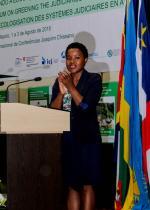 Photo: Justice Antonio Benjamin
Photo: Justice Antonio Benjamin
Director of the Judicial School of Mozambique
